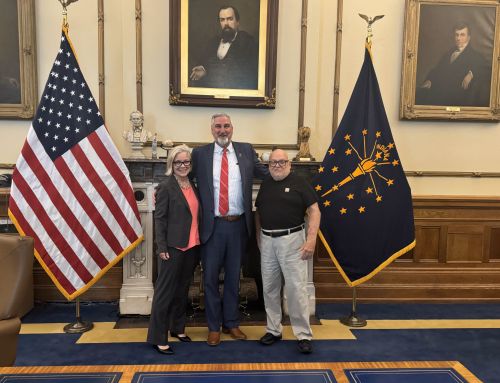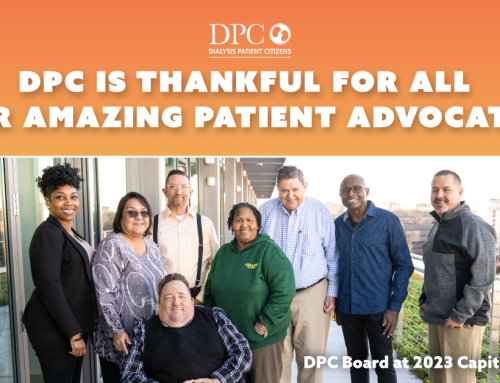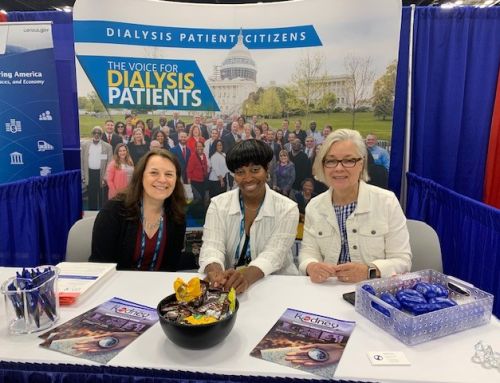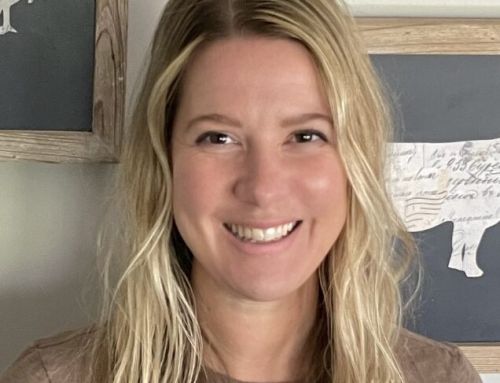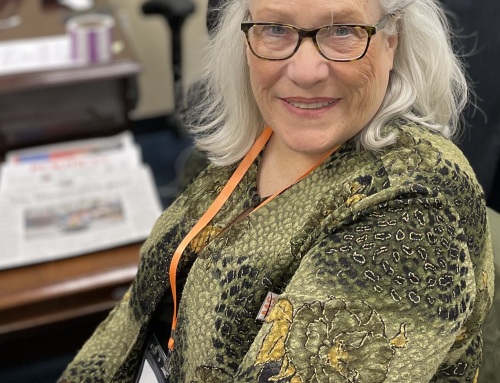Ms. Sara Waitt, General Counsel
Texas Department of Insurance
P.O. Box 149104
Austin, TX 78714-9104
Re: Minimum Standards for Medicare Supplement Policies
Dear Ms. Waitt,
As America’s largest patient-led organization representing dialysis patients, Dialysis Patient Citizens (DPC) works to improve the quality of life of all dialysis patients through education and advocacy. Today we are writing on behalf of over 37,000 dialysis patients in Texas, specifically those who use the Texas Health Insurance Pool for supplemental insurance. We would like to express our gratitude for the recent decision to extend an additional two-month guaranteed issue period from the date of termination of Texas Health Insurance Pool coverage for people under 65 that have qualified for Medicare coverage due to end stage renal disease (ESRD).
Each year more than 100,000 people in the United States are diagnosed with ESRD, an irreversible condition that is fatal without a kidney transplant or life-sustaining dialysis treatments. There are currently more than 485,000 Americans living with ESRD and nearly 400,000 on dialysis. This population is expected to double in size over the next decade due to the increasing prevalence of diabetes and hypertension, the leading causes of kidney failure. Individuals with ESRD must undergo dialysis treatments – typically three times per week for 3-4 hours per treatment – in order to live.
While dialysis patients can enroll in Medicare regardless of age, Medicare only covers 80% of the cost of dialysis, medications and other treatments. Many dialysis patients live on fixed incomes and thus need assistance covering the rest of the cost not covered by Medicare.
Texas allows Medigap supplemental plans to cover individuals under the age of 65 with kidney failure, but the guaranteed issue period lasts two months after enrolling in Medicare. For people with kidney failure that have had supplemental coverage through the Texas Health Insurance Pool for more than two months, the phase-out of the pool would have left these policyholders without an alternative supplemental insurance plan. They would have had to spend down their assets until they qualified for Medicaid, causing hardship for these individuals and for the state of Texas. Thankfully, this hypothetical situation will not become a reality.
As you may know, the Centers for Medicare and Medicaid Services (CMS) recently announced that they will not enforce anti-duplication law for one year and allow people with kidney failure to purchase exchange plans to supplement their Medicare coverage. This stopgap measure will let states resolve this supplemental insurance issue prior to phasing out their health insurance pools completely. Texas’ system of providing supplemental insurance to people with ESRD through private Medigap plans ought to serve as model for other states facing a similar situation.
Once again, thank you for resolving this issue with appropriate concern for Texans affected by kidney failure. We appreciate the opportunity to submit these comments and for all the work you do on behalf of people with kidney failure in Texas. Please do not hesitate to contact us if you have any questions or if we can be of further assistance.
Sincerely,
Hrant Jamgochian, J.D., LL.M.
Executive Director
CC:
Ms. Jan Graeber, Director and Chief Actuary
Rate and Form Review Office
Texas Department of Insurance
P.O. Box 149104
Austin, Texas 78714-9104










